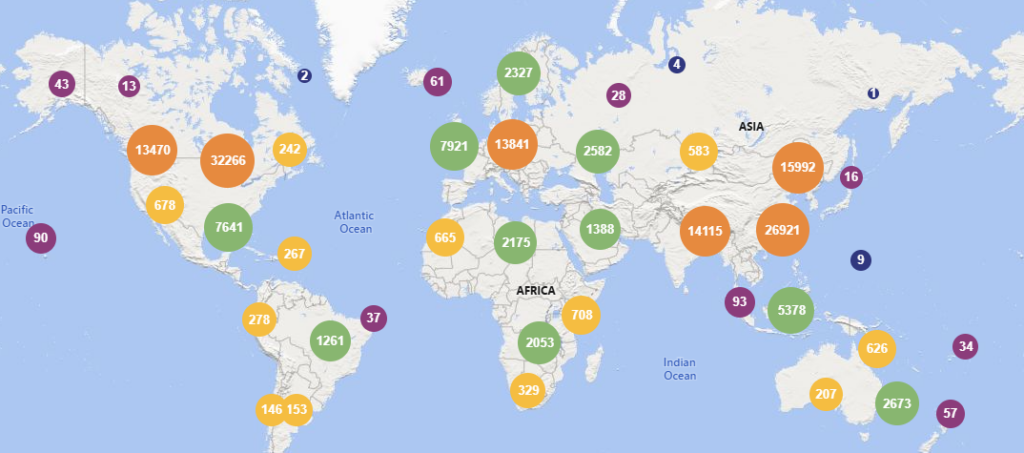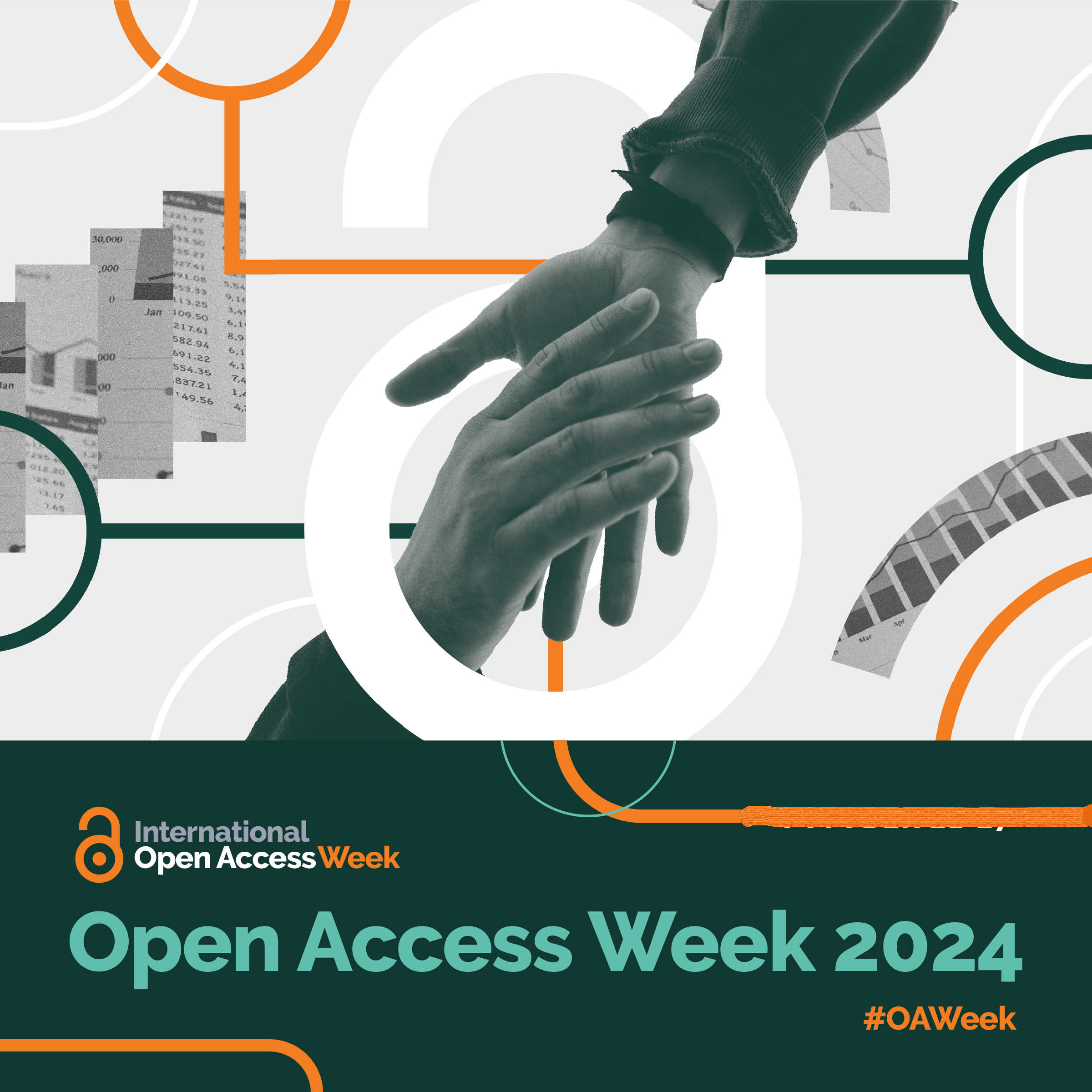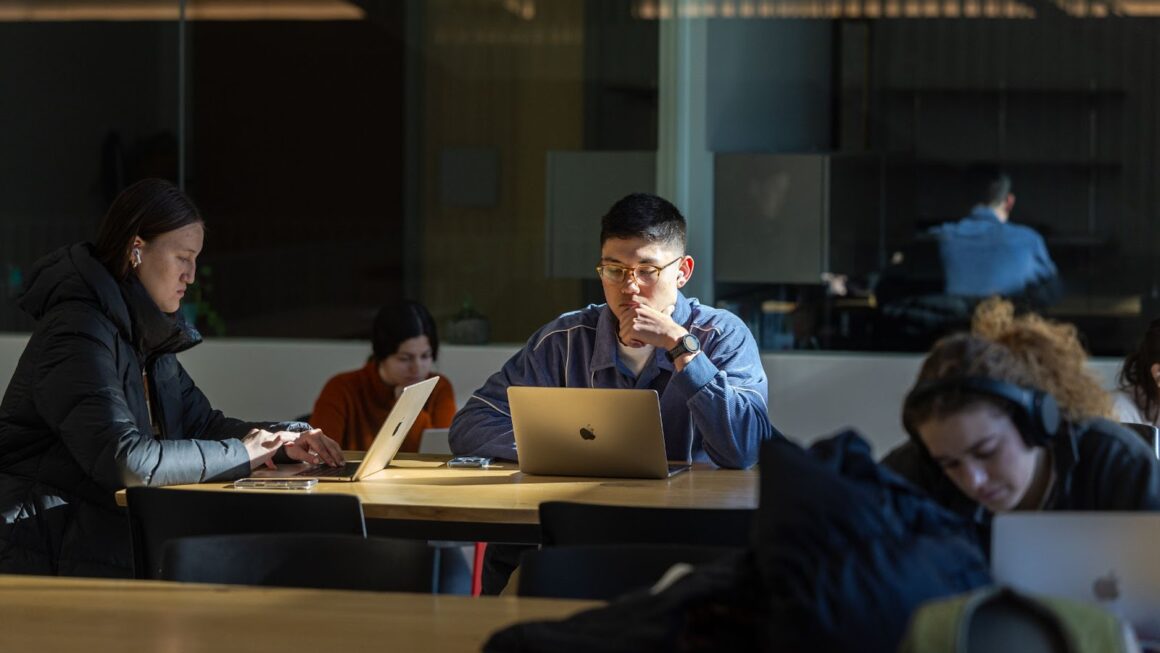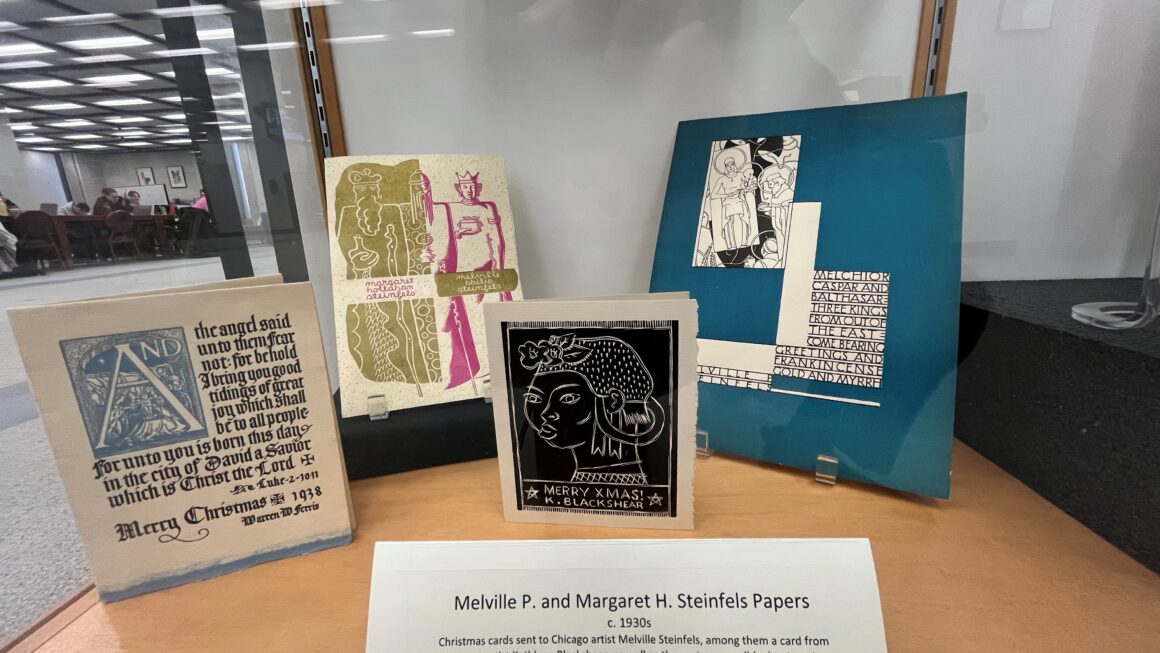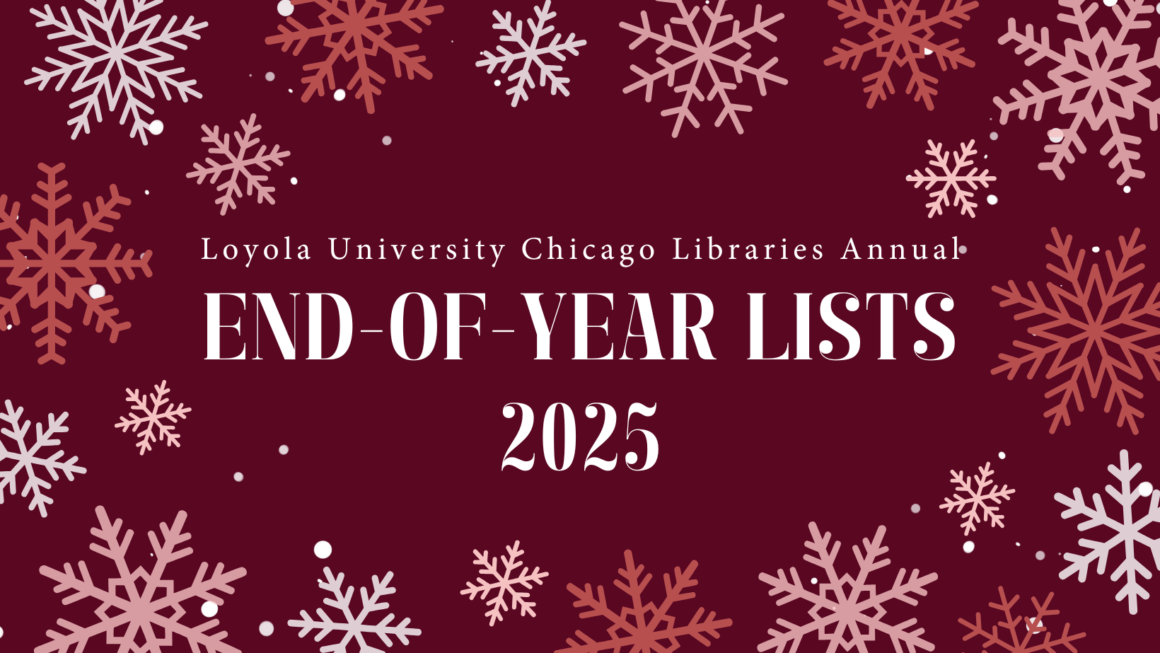This post was contributed by two graduate assistants in the University Libraries Systems Department, Meredith Sauer and Shwetha Vaidyanathan.
This year’s Open Access Week theme, “Community over Commercialization,” resonates with us because we want all members of the academic community to be able to create and access new knowledge. Prioritizing community over commercialization means that we can reimagine what that academic community looks like. It is not only researchers at wealthy institutions that can afford to subscribe to numerous academic journals and databases. Open access enables scholars at underfunded universities, students at community colleges, and independent researchers without any institutional affiliation to access resources. A broader and more diverse research community will increase the production of new and innovative scholarship.
Prioritizing community over commercialization via open access publishing and repositories also means that we can value research for the new knowledge it brings to the field, rather than the profit it could bring to a subscription-based journal. Paradoxically, as the internet grows, information has become harder and harder to access. It is a common sight nowadays to have information blocked by a paywall. When corporations control knowledge, they will find a way to monetize, and in this way, control access to knowledge. Whether you are a researcher or an enthusiast, this immediately impedes your access to knowledge. When the World Wide Web was created, it was done with the ethos of sharing knowledge and information with all. The accessibility and the collaborative nature of the internet are what have drawn users and made using it such an exciting experience. Nowadays, publishers are slowly and steadily building private corpuses of data, which they have started monetizing. There is nothing worse than knowing an article exists but not being able to access it.
Finding relevant content that is free, can be ethically accessed, and credits the authors is an ongoing challenge. This is why we are passionate about the ethos of Loyola eCommons and the work of the University Libraries Systems. Loyola eCommons functions both as a repository and as a space where users from all over the world can access the research created by Loyola faculty and scholars across years and disciplines. When we see the eCommons dashboard (see image below) showing people from all over the world getting access to research, we feel grateful to be a part of the process.
